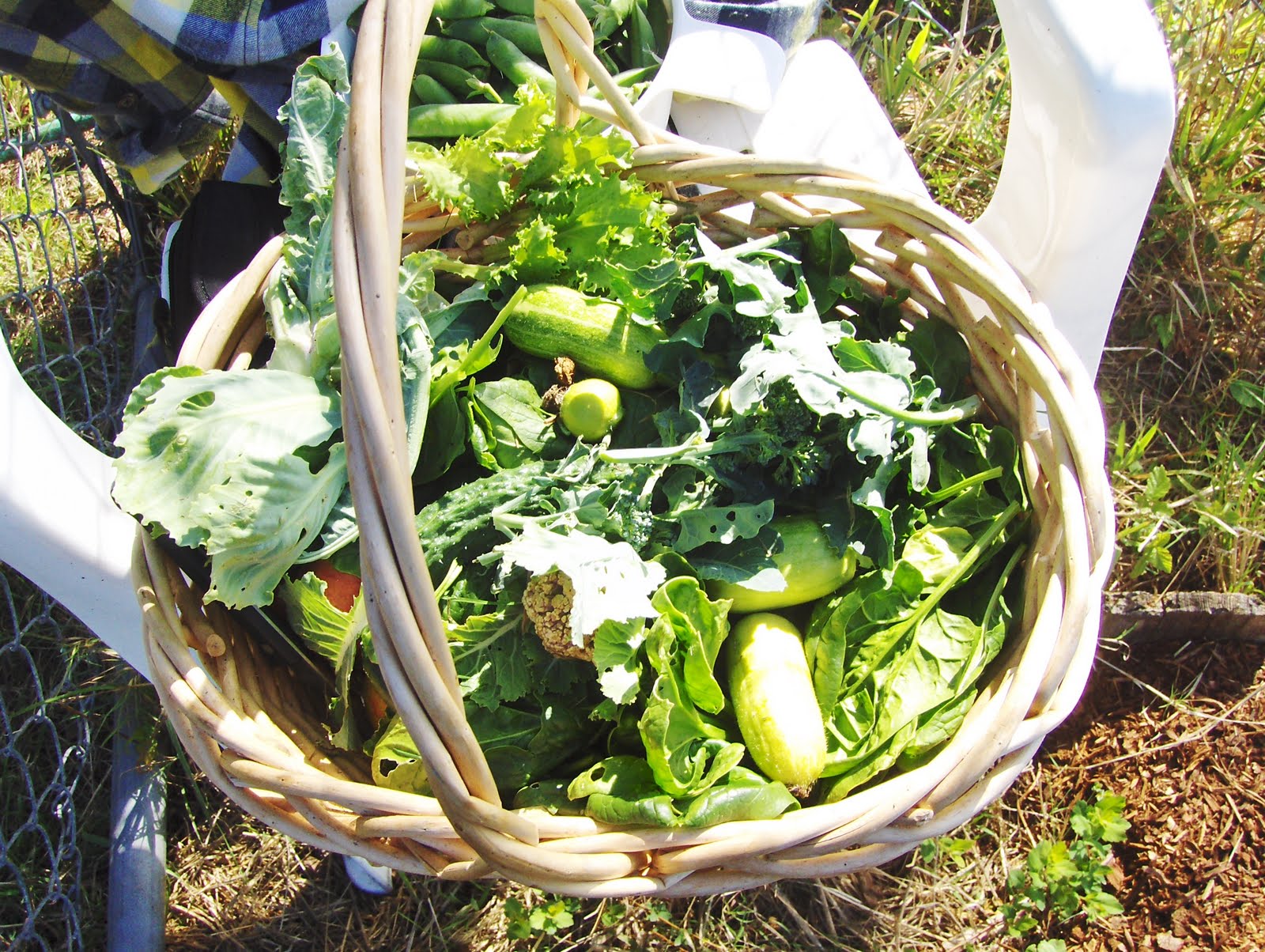Translate
Wednesday, September 8, 2010
Mussels: Mules et Frites
You'd think, the way I like mussels, I always lived by the sea. No. I never did until we retired. Then, my ancestoral instincts kicked in. I love to forage.
Mussels grow around rocks by the shore. They cling to them and grow slowly with each wash, each wave passing by. The ones in this picture are not edible,btw. They are definitely dead!
To harvest wild mussels you need three things: a permit, a knife, a bucket. Better check with your local authorities where and when harvesting is allowed. They'll know areas that are off bound, and times when there are toxins in the sea. A permit here cost about $7 and is good for a year. The limit for each species is identified in the booklet you receive with your permit.
Live mussels will close and stay closed until you put them in cold, salty water, where they'll open and discharge the sand that has accumulated in their cavities. Leave them there for a few hours, or overnight.
Before cooking, rinse them a few times and scrub them with a stiff brush.
I like mine steamed, in a broth containing a bit of olive oil, lots of garlic, vermouth. Saute' the garlic in oil, add a cup or two of vermouth, cover the bottom of the pan with dill sprigs and add your mussels on the sprigs. Cover and keep boiling the mixture for five-ten minutes or until all mussels have opened. Discard any that didn't open. Remove carefully, first the mussels, then the dill. Put the broth through a sieve covered with cheese cloth to remove any sand, and serve in a bowl, with crusty bread and a dollop of butter. Season the broth at this time.
In France, they serve these Mules with French fries, served in a paper cone. Classy!
I also like them with linguine and tomato sauce, the simple sauce that I use for pasta and beans. A dozen mussels per person is sufficient.
Serve them with your favorite wine. Mine is Pinot Grigio from King's Estate, a winery here in the Williamette Valley.
Subscribe to:
Post Comments (Atom)


p.s. Your fishmonger will have these now and then, for you to try this recipe. However, when and if you get to the sea, try your hand at harvesting your own. It's a great way to taste really fresh seafood that will knock your socks off. For the few dollars a permit will cost you, you will provide your family with an experience they will never forget.
ReplyDeleteKnowing about the toxins in the sea is very important for harvesting mussels. I've only eaten them once when a Portuguese friend made a wonderful shellfish soup. I'm mostly vegetarian but that soup was irresistible...
ReplyDelete